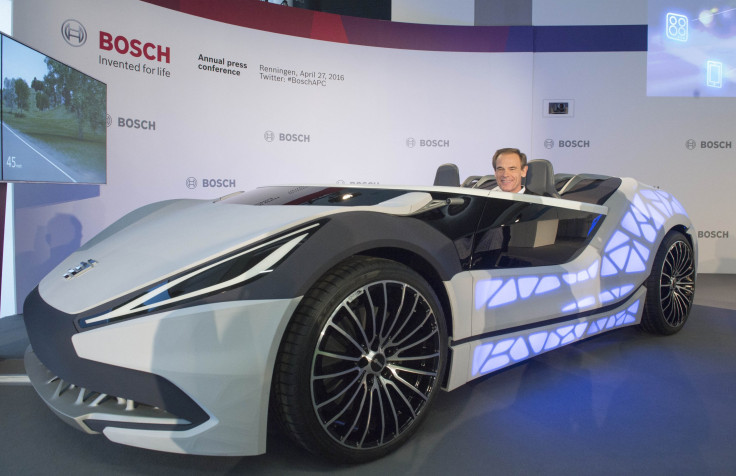Vehicle Software Glitch Reports Are Rising As Code Becomes A Bigger Piece Of A Car’s Components

The typical new car has nestled in its circuitry tens of millions of lines of software code that control everything from dashboard indicator lights to how much fuel is injected into an engine at any given moment.
Now a new analysis of federal data shows the number of complaints linked to software glitches could break last year’s record.
“Software-related problems have become much more prevalent and, if not addressed, could begin to erode consumer trust in new automotive technology,” said Renee Stephens, vice president of U.S. automotive at J.D. Power, which released the results of its study on Tuesday.
The trend shows that while new technology is making cars safer (and more expensive), that comes at a cost of an increase in problems related to code. In the past, structural problems, like improperly tightened bolts or weak welding spots, prevailed in safety recalls. But today a car seems just as likely to be called in for crucial software updates as for mechanical repairs.
The marketing information firm looked at consumer complaints filed to the U.S. National Highway Traffic Safety Administration and found that the NHTSA has received 202 complaints compared with 204 logged by this time last year.
Automakers with the most common complaints per 1,000 cars include Smart, Tesla Motors, Volvo and Tata Motors (maker of Land Rovers), according to the study. Chevrolets (made by General Motors), Mazdas and Toyotas had the fewest complaints in the sample.
A few hundred complaints in a country that's on track to buy more than 17 million new cars, trucks and SUVs this year might not sound like a lot, but these messages generally reflect a much larger number of consumers sharing the same issues. (After all, consumers are far more likely to complain to their dealership than to the federal government.) Last year consumers filed 615 software-related complaints to the NHTSA, compared with 505 in 2014.
Safety recalls related to software glitches are on the rise, too. Nearly 200 recalls affecting more than 13 million vehicles have already been announced this year, up 45 percent from where we were this time last year.
In April, Ford recalled 202,000 F-150 pickups, Mustangs and Lincoln Navigators for a software malfunction that can cause the vehicles to suddenly downshift into first gear. In March, Nissan said 47,000 of its Leaf electric cars in the U.S. needed a software fix related to brake performance in cold weather. Also earlier this year, Mercedes-Benz recalled more than 28,000 C300 and C400 sedans from the 2015 model year for software that causes a sudden loss of power steering assist, making the cars harder to control.
© Copyright IBTimes 2024. All rights reserved.





















